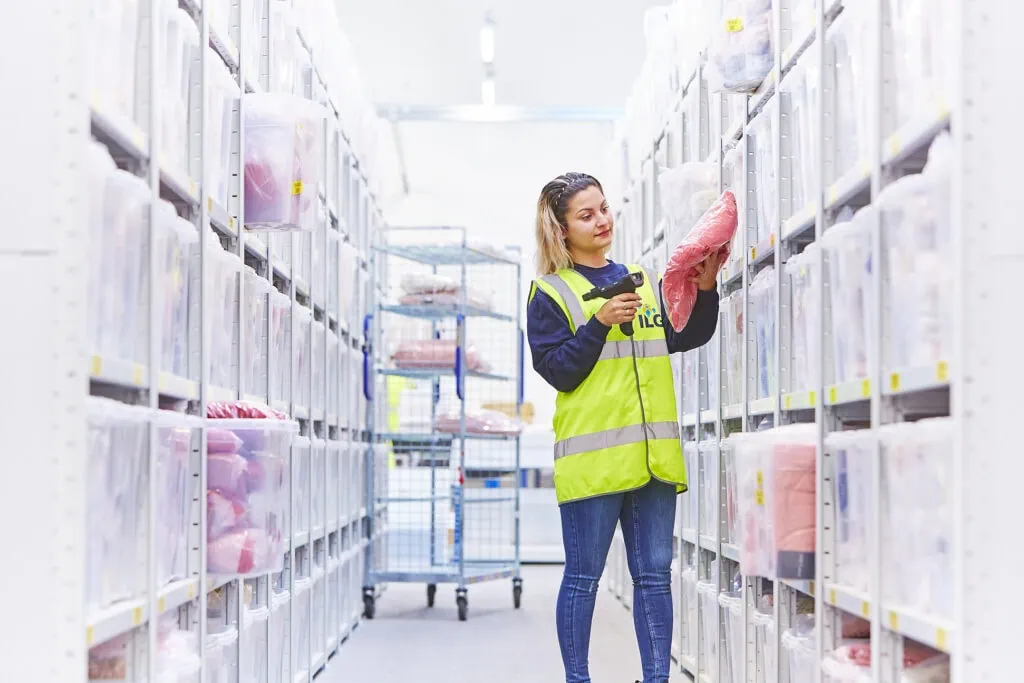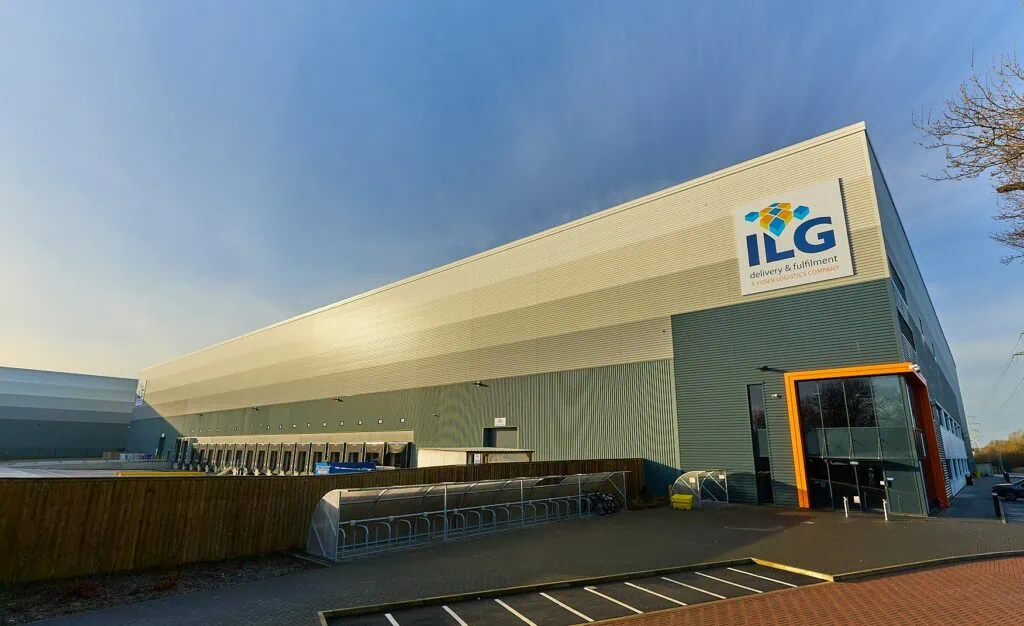
With e-commerce continuing to define modern retail, we’re firmly in an age where digital technology is at the helm of the customer experience. There’s plentiful evidence to suggest that e-commerce’s rapid rise will only continue, so it’s no surprise to see technological innovation at the forefront of this charge. For the customer, innovation is an expectation.
Front and centre of this advancement is artificial intelligence (AI). It’s undeniably a buzzword in the industry right now, but the fact its applications are already widespread in e-commerce suggests there’s plentiful substance behind the initial appeal.
In this article, we’ll explore the avenues through which AI is revolutionising beauty and fashion e-commerce – and ultimately resulting in a more attractive customer experience for the brands who embrace it.
AI Puts the E-Commerce Consumer First
What’s most encouraging about AI in the e-commerce space is its focus on enhancing CX (customer experience) first and foremost. There are some exciting applications that have been rolled out already that centre around AI and machine learning to give the customer a digital experience that blurs the line between the virtual and the physical.
AI in Beauty E-Commerce
As recently explored by BeautyMatter, AI technology has been applied in the beauty space to give e-commerce shoppers a tailored experience. In the beauty industry, personalised solutions are vital. Each customer needs the products that match their skin profile and before AI, this experience was only reliably achieved by visiting a brick-and-mortar store for personalised recommendations.
AI skin analysis has changed that. Now, e-commerce customers can have a similar experience from the comfort of their homes, with impressive skin mapping technology powered by machine learning. With personalisation being so pivotal in the beauty industry, AI offers unmatched assessments of a user’s skin through a camera, analysing their skin profile to provide relevant product recommendations and skincare routines just for them. This gives e-commerce customers a similar experience to what they might expect from visiting a traditional retail store, ultimately making the brand experience more convenient and reliable wherever consumers are based.
AI in Fashion E-Commerce
One of the caveats of buying apparel online is that ordering the correct sizing is easier said than done without getting hands-on with the product. This contributes to the issue of high volumes of order returns and can hamper the customer experience if the product doesn’t meet their expectations. With AI, there’s an exciting solution – AI fitting tools to help customers find the right products and sizes for them.
According to a report by Glossy, these AI fitting tools have the power to enhance the customer experience by putting the right products in their hands. The benefits extend beyond this though: supply chain improvement, reducing returns and even creating better products based on the AI data insights are all possible benefits listed in the report. With e-commerce becoming a more saturated market, leveraging new technology to stand out from competitors is key.
AI-Powered Product Images
AI is also providing innovative features for e-commerce brands across their industries and virtual platforms. Google Product Studio was introduced in May 2023 to help e-commerce sellers enhance the creativity of their product images using AI.
This is achieved with generative AI that can create customised product backdrops based on a written prompt. When it comes to capturing shoppers’ attention with professional product imagery, this is a game-changer. For example, you might want to customise an image’s scene according to a seasonal campaign or create a virtual set without the rigorous process of taking new product photos yourself. Ultimately, this makes it easier than ever for businesses to set themselves up on virtual storefronts and give their customers something to smile about.
AI’s Role in Customer Service
AI chatbots are already popular in online storefronts, used as a means of directing and filtering customer service queries. Until now they’ve not been received as favourably by real-world customers; last year, the Institute of Customer Service stated that 2 out of 5 people would avoid going to chatbots with a query. In general, human customer service representatives were preferable.
However, the appearance of AI in seemingly every recent technological conversation has prompted both consumers and businesses to reassess. As Glossy recently reported, humans using AI as a tool for better customer service is a pairing that is seeing some success. Using chatbots as a springboard for formulating responses and ‘scripts’ for customer queries can result in faster and more efficient support when paired with the emotional depth that only a human representative can provide.
The Future of E-Commerce Marketing
AI’s applications for shaping the e-commerce customer’s experience extends beyond these exciting innovations, however. In the past, we’ve explored the growth of digital technology in beauty marketing specifically, but the digital evolution that e-commerce is facing extends beyond single industries.
The Rise of ChatGPT
ChatGPT – the world’s foremost AI-powered chatbot – is enjoying a well-earned rise in popularity as a powerful marketing tool. Its status as a ‘tool’ is key: it’s not here to replace human marketers, but to make their jobs a little easier. The result? Marketing campaigns that meet customers where they’re at and improve the timeframes in which campaigns can feasibly be structured.
Practically what this looks like is a means of streamlining the ideation process, allowing for marketers to conceptualise powerful brand campaigns at a faster rate.
For the end user, this naturally means more relevant campaigns that meet their needs at a more frequent pace, more reliably putting the right products in the right hands. With ChatGPT’s extensive, encyclopedic knowledge, it can serve as the creative spark at the beginning of a campaign as well as a vital catalyst in structuring that campaign. As long as it’s always accompanied by human creativity, this can have a great impact on the relevancy of a given brand’s marketing activity to their audience.
AI for Order Fulfilment
Customer experience aside, how is AI contributing to brands’ logistical considerations like order fulfilment?
When it comes to tasks like forecasting and data analysis, AI has been shown to perform these tasks with excellent speed and accuracy. A recent article by Supply Chain Dive discussed how AI facilitated more reliable supply chain forecasting during a time of unprecedented buying habits (the fallout after COVID-19 e-commerce surges). Even during volatile economic times, AI can analyse data to produce reliable forecasts, which in turn can inform business’ predictions about inventory for coming seasons.
Of course, predictions are just that – predictions. AI isn’t clairvoyant, so that vital human touch is more important than ever in applying its insights to the real world.
What Next for AI in E-Commerce?
We’re living in exciting times for technological innovation. AI promises to shake up established formulas and enhance the e-commerce customer experience from top to bottom. From a user’s first impression of a brand’s website to their order fulfilment experience, we’re in a learning phase that has already revealed promising innovations.
If you’re in the process of scaling your business and are looking for a new – or first-time – 3PL to take your e-commerce brand to new heights, we’d love to chat. Talk to ILG’s specialist fulfilment team today to get started.
Contact Us
More insights >
How to Manage Your Stock with SKU Numbers: Best Practice Guide
If you’re an e-commerce business, efficient inventory management is essential – and one important part of this is understanding SKU numbers.
ILG is a Finalist for Best Logistics Solution at the BeautyMatter 2025 Awards!
We’re thrilled to announce that for the third year in a row, ILG is a finalist for ‘Best Logistics Solution’ at the BeautyMatter 2025 Awards!

